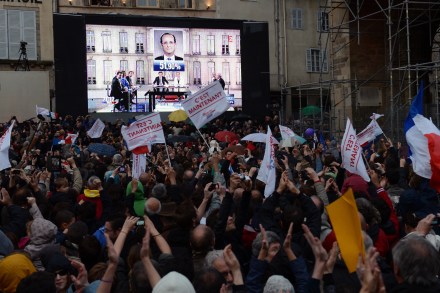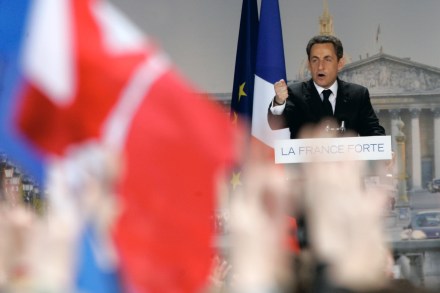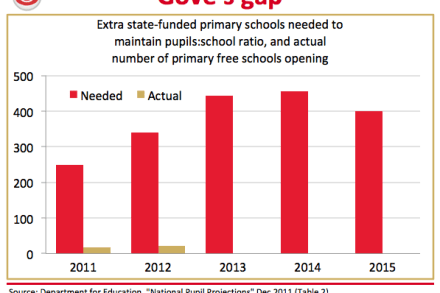Can Merkel and Hollande meet in the middle?
This afternoon, it’s even clearer that the French and Greek elections are a significant moment in the life of the Eurozone. It’s not just the nervous market reaction to yesterday’s results, but also the way how the supranational debate has now changed. More so than ever, there are now two clear oppositional fronts. On one side, broadly speaking, are those who say that austerity is a prerequisite for growth. On the other, those who say that austerity must be relaxed for growth to arrive. It’s a situation dripping with black humour. When David Cameron kept Britain out of Europe’s fiscal pact a few months ago, it was portrayed as a












